Archive
Competitions
Special Programmes
sonic transmissions: music on film
double burdens: exposures & expressions
surviving you, always: the works of maryam tafakory & morgan quaintance
the european film academy's short film tour
landscapes of repair and resistance: manifesta 14 prishtina special programme at dokufest
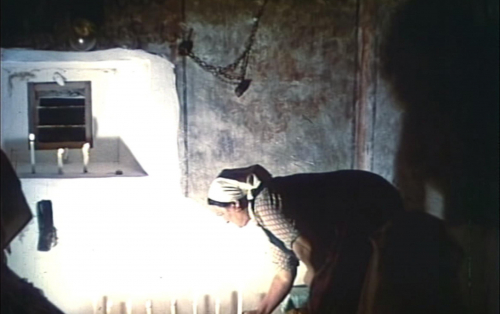
117
1976, Yugoslavia
19'
Color
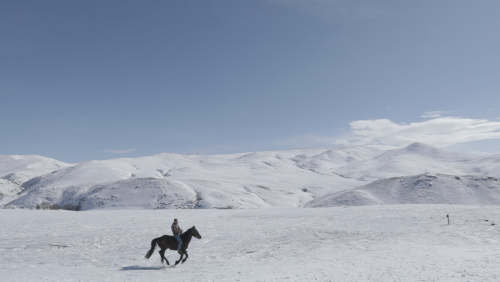
5 Dreamers and a Horse
5Երազողները եվ Ձին
2022, Armenia, Germany, Switzerland, Denmark, Georgia
82'
Color
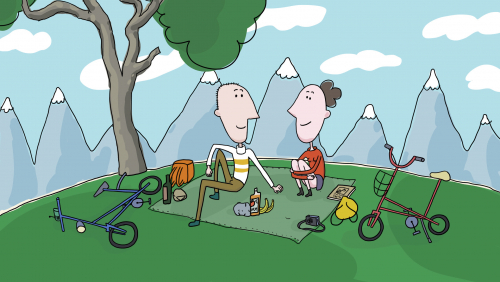
A Day Out
Izlet
2021, Croatia
12'
Color
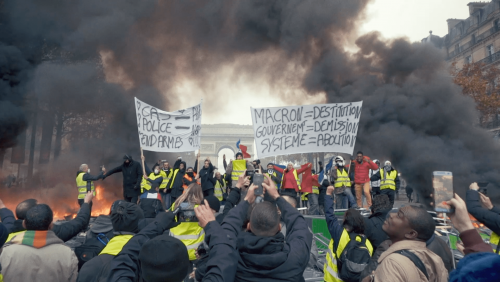
A French Revolution
Un peuple
2022, France
104'
Color
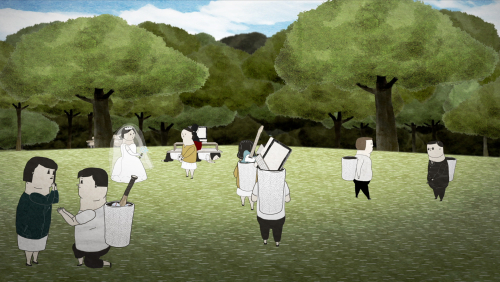
A Guitar in the Bucket
버킷
2021, South Korea
15'
Color
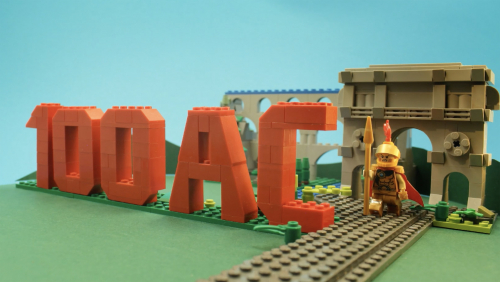
A History of the World in 10.000 Bricks
2021, Germany
7'
Color
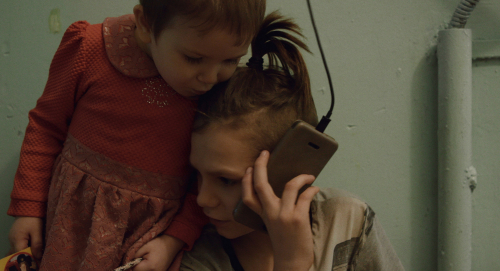
A House Made of Splinters
2022, Denmark
87'
Color
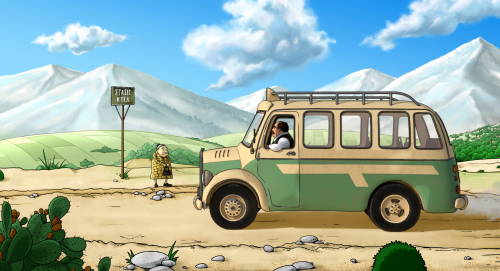
A Night at the Cemetery
2021, Greece
11'
Color
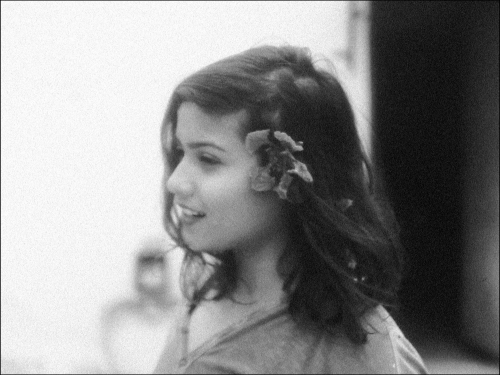
A Night of Knowing Nothing
2021, France, India
96'
Color, Black & White
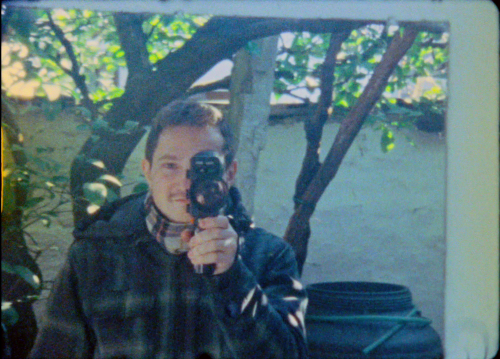
A Pigeon's Song
Kënga e Pëllumbit
2021, Albania, Belgium
16'
Color
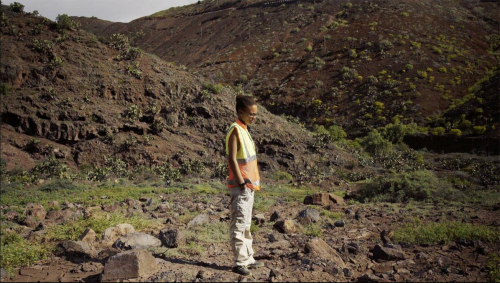
A Story of Bones
2022, United Kingdom
95'
Color
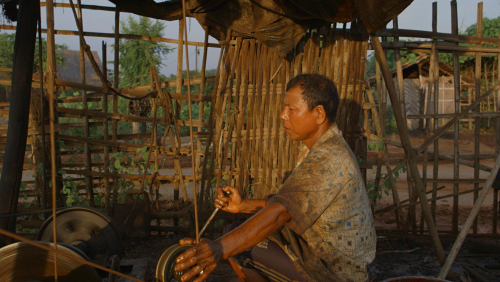
A Thousand Fires
2021, France, Netherlands, Palestine, Switzerland
90'
Color
